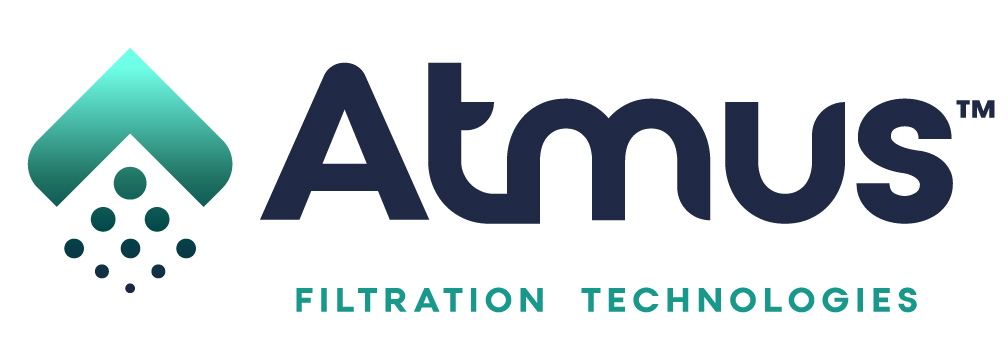Sustainability in Action

One of my primary responsibilities at Atmus is ensuring our environmental sustainability efforts are just that: sustainable. From waste reduction to recycling to water conservation to renewable energy, our initiatives have limited impacts if they aren’t widely, consistently and creatively applied.
And that’s where empathy is a powerhouse.
Empathy is underutilized as a soft skill in creating impactful change. It’s the key to sustainable success because it helps us understand how our choices impact people and our environment. It’s core to who I am, and I’ve found it helps maximize the impacts I can make in my role supporting sustainability efforts across Atmus.
We Need to Care
Last year I visited our location in Sao Paulo, Brazil, and participated in three community involvement events. We picked up trash, planted trees and visited a retirement community where Atmus helped install a rainwater collection system and other sustainability improvements. I also got to hear project proposals from our interns to improve community involvement and decrease environmental impacts. While impact can be made from a distance, there is power in proximity, which helps to build connections and care.

One of the reasons empathy is so effective is because we’re much more likely to be concerned about the environment when we care about what happens to those around us. Empathy helps make the pain in the world our own; it drives us to action. There’s a deeper connection to what’s at stake and a commonality in the benefits. As a practice, it’s a means to make compassion a way of being, not just a one-off.
Empowering Motivation
Empathy gives us a strong sense of being part of something larger than ourselves. When the burdens we face are less on “me” and more on “us,” they’re not as overwhelming.
Atmus is a newly independent company that’s launching its own environmental journey. As we develop our strategy, I’m trying to go one step further than the usual blanket goals. Sure, we need targets; but we also need to ask how we’re going to achieve them. How can we make sure our goals are stated in ways that hold us accountable, but also show our people, customers and communities that we’re serious?
Empathy prevents performative environmental sustainability efforts, siloed thinking and prescriptive efforts by driving us out of our comfort zones. It often contradicts our automatic assumptions, and it always demands an intentional, nuanced approach.
One of our biggest focus areas is increasing the percentage of energy we use from renewable sources. Although many people immediately think about solar power, that’s not always the best solution in some areas. By collaborating with our site leaders and helping them understand the choices available in their local supply chains, we’re generating great conversations, and as a result, fantastic ideas are coming out of the woodwork.
People-Focused Progress
Atmus doesn’t do sustainability work for the sake of accolades or clout. We’re protecting what is important for the everyday lives of people: their dog walking in a quiet park, their hiking trip after a personal loss, their joyful family gatherings at the seaside or their deep breathing in a rocking chair on their back porch.
Empathy is an ever-present reminder of those people and the activities and well-being we’re seeking to preserve.
Empathy Is Exponential
Early in my career, I received an environmental government grant to teach third graders in Fort Wayne, Indiana (U.S.). We created gardens for the students to cultivate and offered hands-on learning for them to better understand the world around them and the impacts their actions can make at a young age. The students’ questions and ideas resulted in an “aha moment” for me because it reinforced that empowering everyone with knowledge and a voice can make big differences.

When we apply empathy, we can take in the ideas, reactions and support of everyone, regardless of their background, age or role. It combines the creative brainpower and varied life experiences of all people.
You don’t have to work for a huge company to make big changes. You don’t even have to do small restoration projects. Every day, we can simply make a choice to leave the world better than we found it.
Sustainability efforts built on empathy have the power to maximize our impacts and progress us toward our purpose of creating a better future by protecting what is important.








